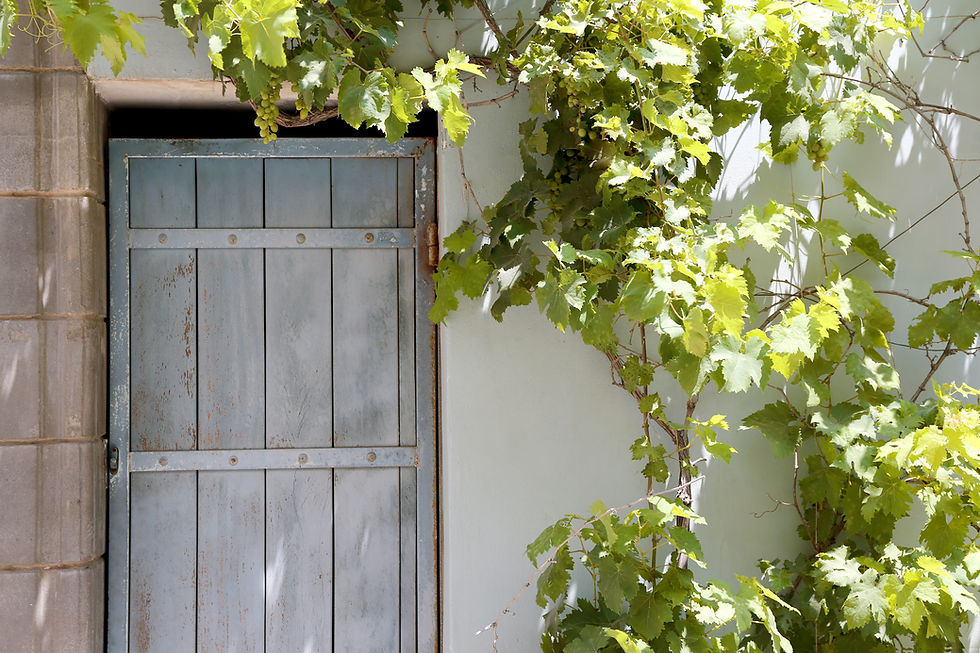Monday Morning Musing: Time as Teacher
- stillhotundertheco
- Oct 6, 2025
- 3 min read
Today and tomorrow the weather will inch us into the seventies to remind us one last time of summer’s beauty, especially here in the PNW. The trees on my street are ablaze in counter-protest, with the fiery colors and their crunchy textures and their letting go of what has sustained them so that new life might have room to grow.

These are the rhythms that give to all of Creation exactly what they need for survival. That call it and us into seasons of new life and sustained growth and letting go and rest. Into life and death. Repeatedly. And in so doing, they remind us of our ability as human beings, a part of this good Creation, to exist in these same rhythms, not to fight them, but to become a part of them as they are a part of us.
The liturgical life of the Church does the same. It structures time so that, through remembering the story of God and God’s people, we understand our place in the story. The Church Year takes us from waiting to receiving, from penitent reflection to resurrection, from water to flame, and offers us seasons of ordinary time in between. All of it punctuated by high holy days.
The Church also offers us a way to reflect this rhythm in our daily prayer: to acknowledge the day at its beginnings, to pause at midday, to set aside our work at the end of the day, and to enter a great silence at its ending.
Scripture does the same as it testifies to the ways we live in God’s time, not our time. As we read holy words and remember stories and myths and sing songs we find that our lives also reflect these divine patterns and we can place ourselves in the story of God’s people.
This shaping of our days and years is not accidental. It serves to sanctify our time. Lutherans do a terrible job of understanding sanctification, but I am using the term here to describe the act of making something holy. And all religious traditions do this in some way or another. In ritual, in sacred acts, in prayers repeated throughout generations, we remember and observe the patterns of time so that we can find meaning in them and in our own lives as well.
So, worship is not ornamental or optional to our understanding of who we are as people of God. Worship is formative. In the very act of gathering among God’s people, within these seasons, to speak and hear these stories together, to pray and sing, we come to understand that our lives are not merely a sequence of random events, but that they are woven into the larger story of God’s presence with us throughout time. And in this way, time itself becomes sacramental – a sign of God’s grace.
In certain seasons of our lives, this will hit differently. And that, dear ones, is part of the beauty of our life together, as we gather among these patterns and stories. They reflect our own journeys, as communities and as individuals. We may feel the unrootedness of exile. We may wait with Creation as she longs eagerly. We may dwell deeply in the sorrowed celebration of All Saints, even as we know that Alleluias will resound again.
In joining our time to God’s time, we place ourselves in a story that is, at its heart, a love story. In each season and story, as we receive them again and anew, we are reminded that it is love that sustains us in every time and through all time.






Comments